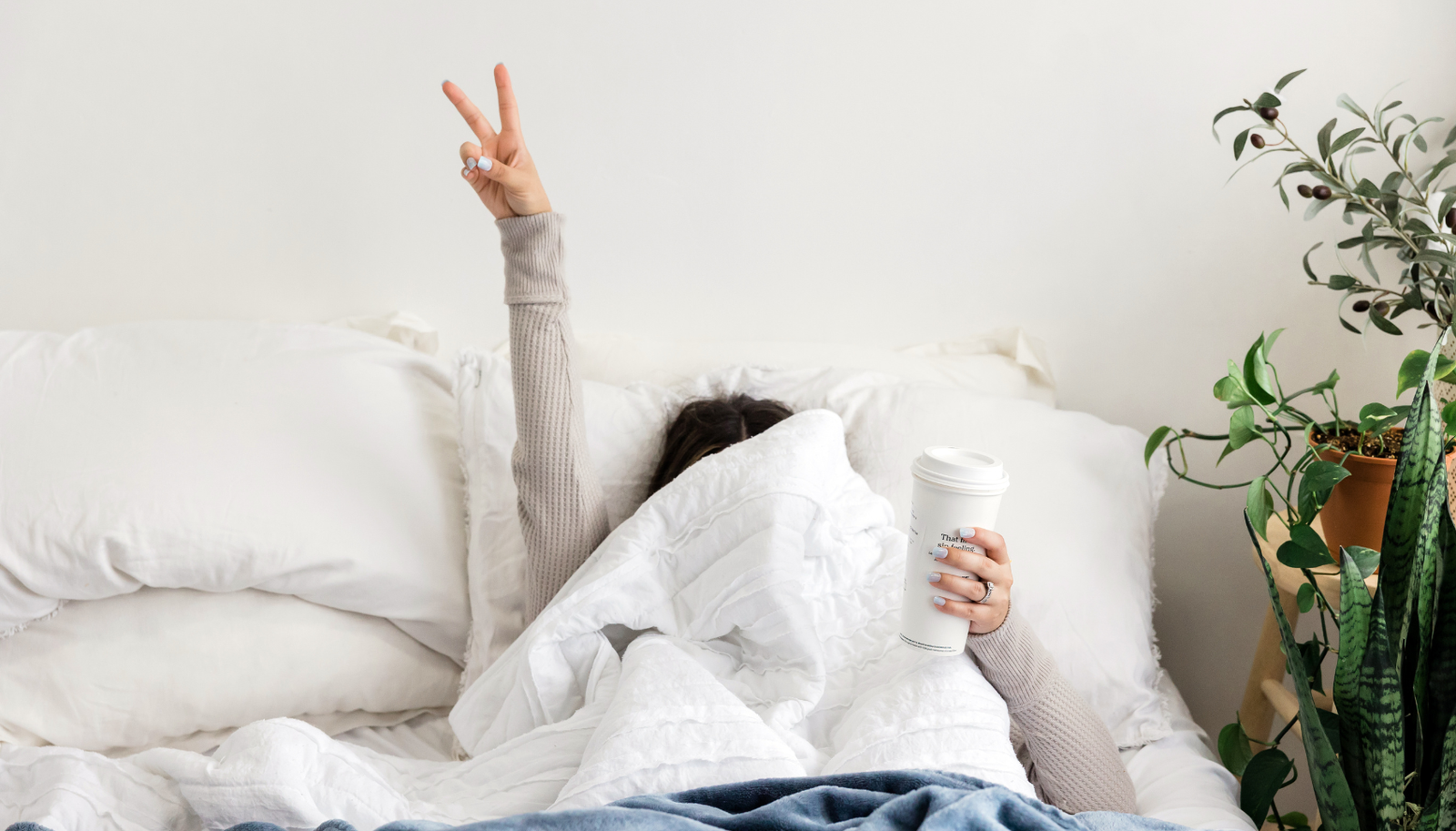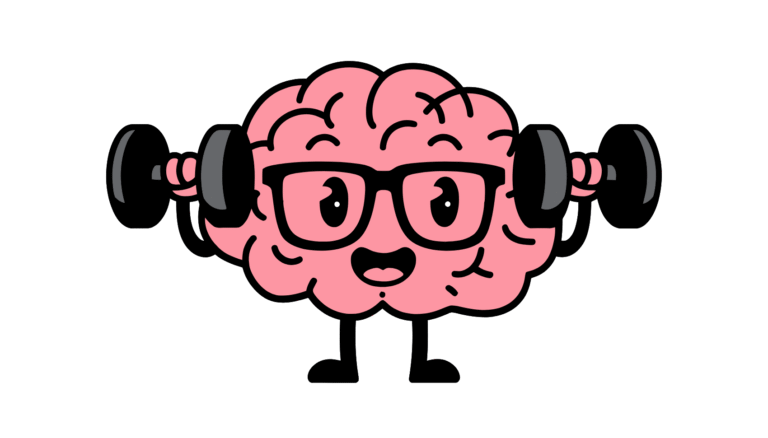Sleep Optimization: Your Complete Guide to Better Rest
Introduction to Sleep Optimization
If you’ve ever found yourself tossing and turning at night, you’re not alone; millions of people struggle with getting the restful sleep they need, but the good news is that sleep optimization is a science-backed approach that can help you transform your nights and recharge more effectively. By understanding how to tailor your habits, environment, and mindset, you can improve your sleep quality, fall asleep faster, and wake up feeling more refreshed without relying on medication or drastic lifestyle changes.
Why Sleep Optimization Matters
Sleep optimization is more than just getting enough hours; it’s about achieving restful, restorative sleep that supports your physical and mental health in the long run. Poor sleep can affect your mood, memory, immune system, and even your risk for chronic conditions like diabetes and heart disease. By focusing on sleep optimization, you’re investing in your overall well-being, productivity, and quality of life.
Key Principles of Sleep Optimization
1. Create a Consistent Sleep Schedule
One of the most effective sleep optimization strategies is to go to bed and wake up at the same time every day, even on weekends. This routine helps regulate your body’s internal clock, making it easier to fall asleep and wake up naturally.
2. Optimize Your Bedroom Environment
A cool, dark, and quiet environment is ideal for sleep optimization. Consider blackout curtains, a white noise machine, or earplugs to block out disturbances. Make sure your mattress and pillows are comfortable and supportive to prevent aches and pains.
3. Limit Exposure to Screens Before Bed
Electronic devices emit blue light, which can interfere with the production of melatonin, the hormone that helps you sleep. Turn off your screens at least an hour before bedtime or use blue light filters to minimize the impact.
4. Establish a Relaxing Bedtime Routine
Winding down with calming activities like reading, gentle stretching, or deep breathing can signal to your body that it’s time to sleep. Avoid caffeine, alcohol, and heavy meals in the evening for better sleep optimization results.
5. Get Regular Exercise and Sunlight
Daily physical activity, especially in the morning or early afternoon, can improve sleep quality. Exposure to natural sunlight also helps regulate your circadian rhythm, making it easier to fall asleep at night.
Common Sleep Optimization Mistakes
Many people unknowingly sabotage their sleep optimization efforts by napping too late in the day, using their bed for work or entertainment, or consuming stimulants close to bedtime. Recognizing and correcting these habits can make a huge difference in your sleep quality.
Frequently Asked Questions about Sleep Optimization
What is sleep optimization?
Sleep optimization involves making intentional changes to your habits and environment to improve the quality and duration of your sleep.
How long does it take to see results from sleep optimization?
Most people start noticing improvements within a week or two, but consistency is key for lasting benefits.
Can sleep optimization help with insomnia?
Yes, many sleep optimization techniques are proven to help reduce insomnia symptoms, especially when combined with cognitive behavioral strategies.
Do I need to take supplements for better sleep?
Supplements aren’t necessary for most people. Focusing on natural sleep optimization methods is usually effective, but if sleep problems persist, consult a healthcare professional.
Is it possible to optimize sleep with a busy schedule?
Absolutely. Even small changes, like sticking to a set bedtime or creating a calming wind-down routine, can make a big difference, no matter how busy your life is.
Conclusion
Sleep optimization doesn’t have to be complicated or overwhelming. By making small, intentional changes to your daily routine and environment, you can dramatically improve the quality of your sleep, boost your energy, and support your overall health. Start with one or two strategies, be patient with the process, and remember that a good night’s sleep is one of the best investments you can make in yourself. If you have ongoing sleep issues, don’t hesitate to reach out to a healthcare professional for personalized support.




